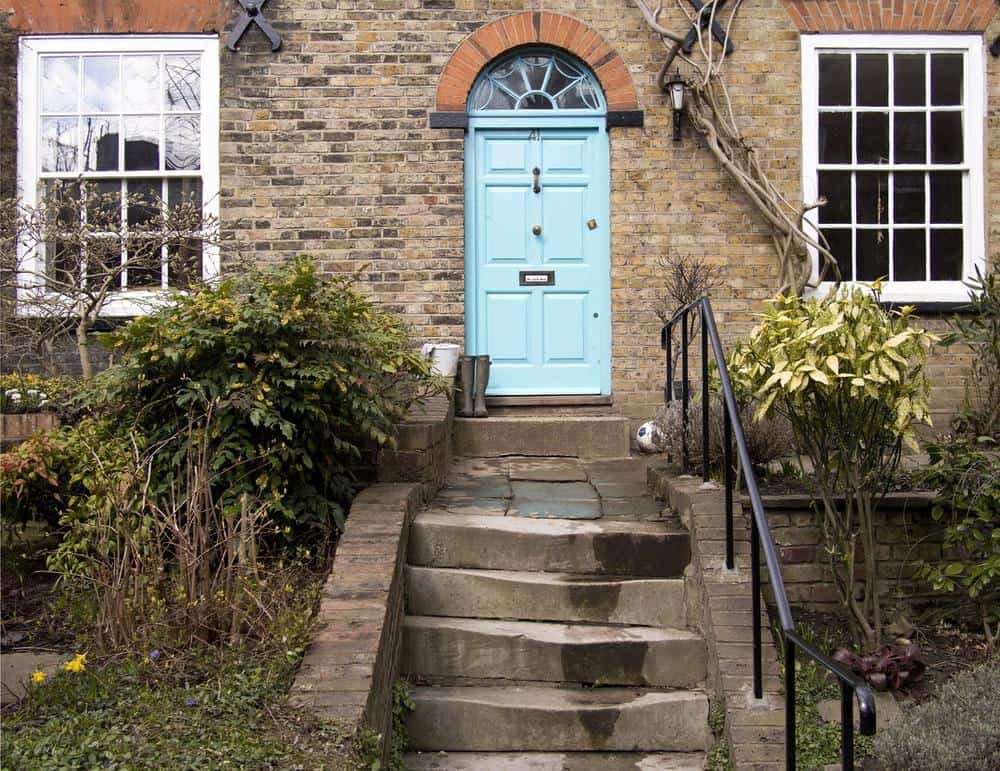Buying your first house is a major milestone in life, with many people working extremely hard for many years to be able to achieve this goal. Not only will you have to save up quite a bit, but you will also have to work to improve things like your credit rating and loan history, creating a lot of work to be overcome. Of course, though, once you get to the point that you can afford a house, how can you tell whether or not you can afford it? Let’s take a look at this area to make it easier to feel confident in your home purchase.
The Deposit
Saving a deposit is one of the hardest parts of getting your first home. Most mortgage providers will ask for at least 5% of the property’s value, but this will usually be higher if you want to get your hands on the best rates. You will have to work very hard to save up for this, potentially throwing years into building a nest egg that will eventually be able to secure your home. There are plenty of apps that can make this process easier, but you should be able to tell when you have enough saved up.
The Repayments
Understanding your mortgage repayments can be confusing when you first get started. Some mortgages cost the same throughout the course of their life, while others will change based on mortgage interest rates at the time. You can use an HDB loan calculator to check your affordability when you’re figuring this out. It’s usually best to go for options that aren’t likely to change in the future, as this can save you money down the line, even if the interest rates spend long periods in low positions.
The Family
Alongside buying a home, a lot of people also want to build a family before they get too old, and this is something that can also cost a small fortune. If you already have a child, it will be very easy to tell whether or not you have enough money to also cover a house. If you don’t have children already, this is something you have to spend a lot of time working out, and it makes sense to work hard to make sure that you’re not going to be spending too much.
Your Job
Job stability is a major element of home ownership. Without a job that will be secure for years to come, it will be very hard to know whether or not you can afford a mortgage. Those in freelance roles have to be very careful to make sure that they can afford their monthly payments, and it can often be worth having a couple of months saved up to make sure that you don’t have to worry about losing the place if you can’t earn. Those in permanent positions will be more secure, though it’s worth assessing this for yourself.
The After-Purchase State
There isn’t much point in spending a fortune on your new home if you’re not going to be able to afford to live comfortably in it. A lot of people find themselves “house poor” when they get their first home. This means that you own a house, but you don’t have money for anything else. This is a hard position to be in, putting pressure on your finances and often leading people to overspend because they don’t feel like they have a choice. It’s always worth making sure that you have some funds stored away in case you find yourself in this position.
The Economy
The state of the economy can have a severe impact on your ability to maintain your home. People find themselves out of work, unable to make enough money, and even looking at interest rates soaring and making their repayments unmanageable. You can’t see into the future, but you can still work hard to make sure that you don’t get stuck in a position like this. Planning is key, but you should also consider the idea of building enough savings to cover times like these.
Building savings is a huge part of home ownership. While this process can be hard and a lot of people don’t know where to start, there are more resources than ever before that can help you to get started with it. It’s always worth working hard to buy a home, but you need to make sure that the rest of your life is ready for it.

